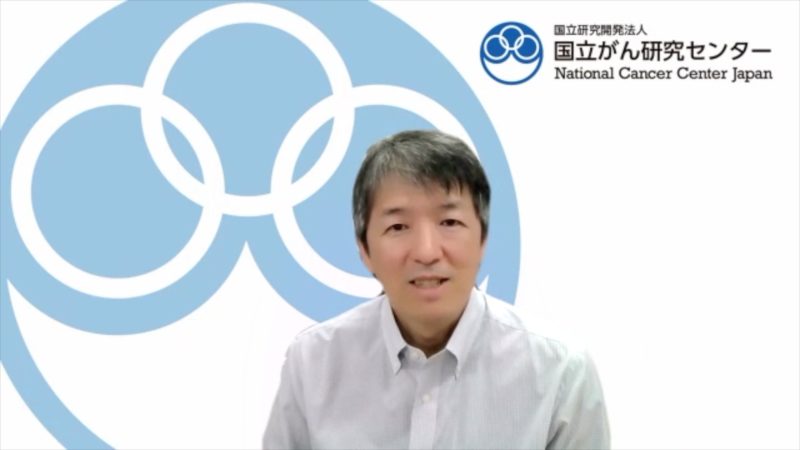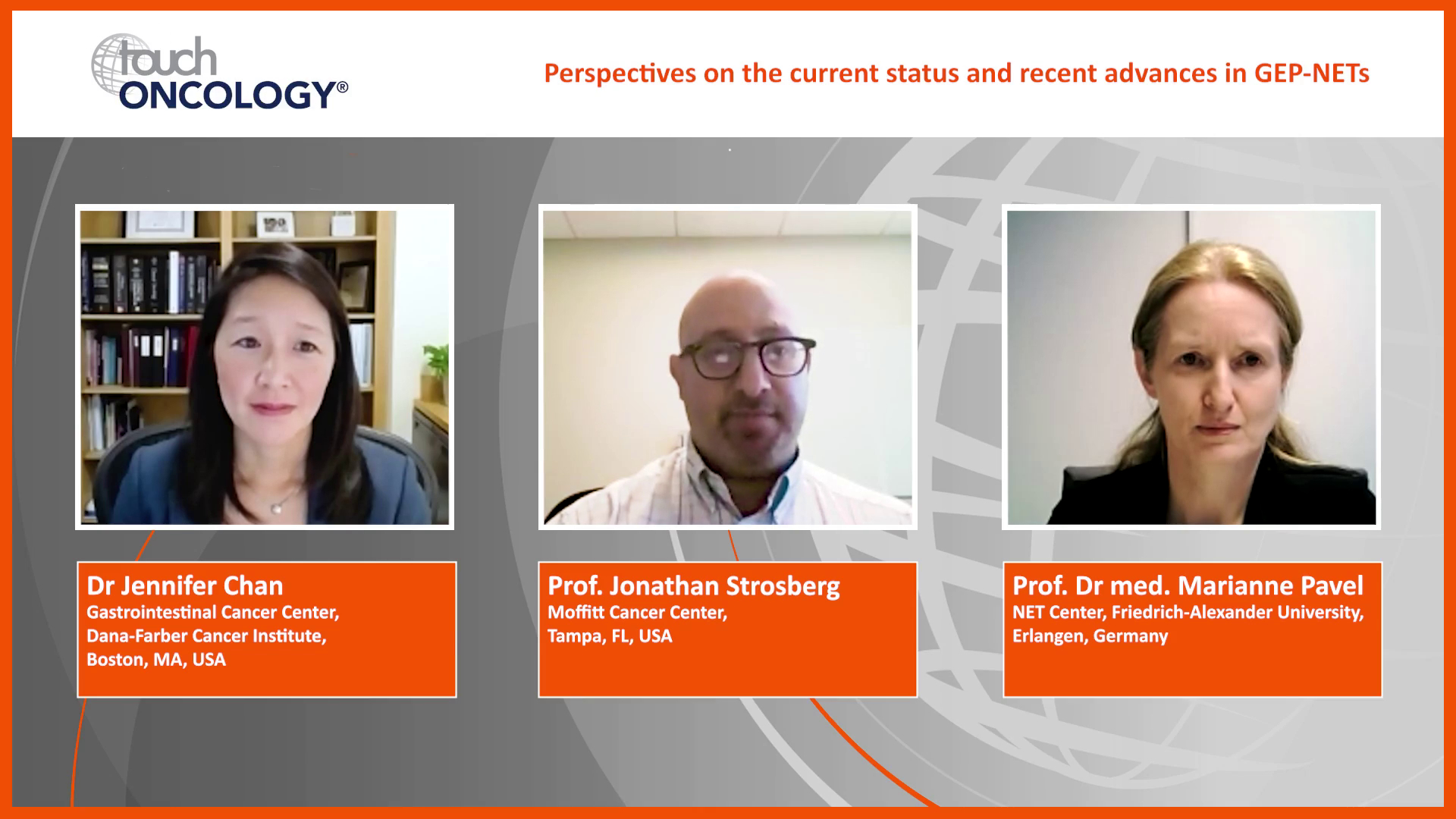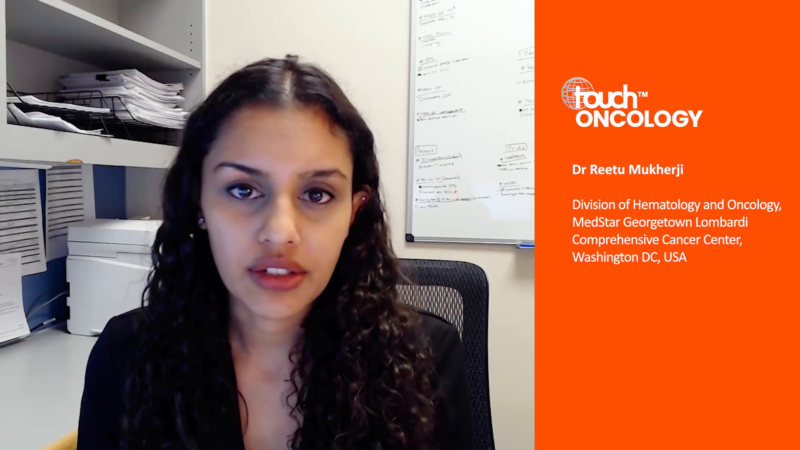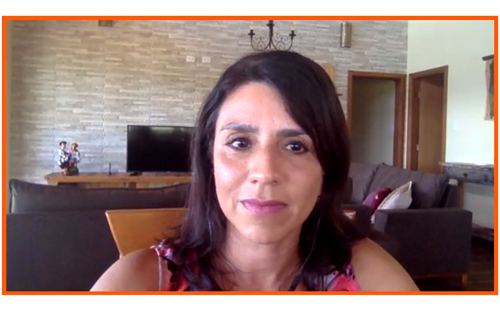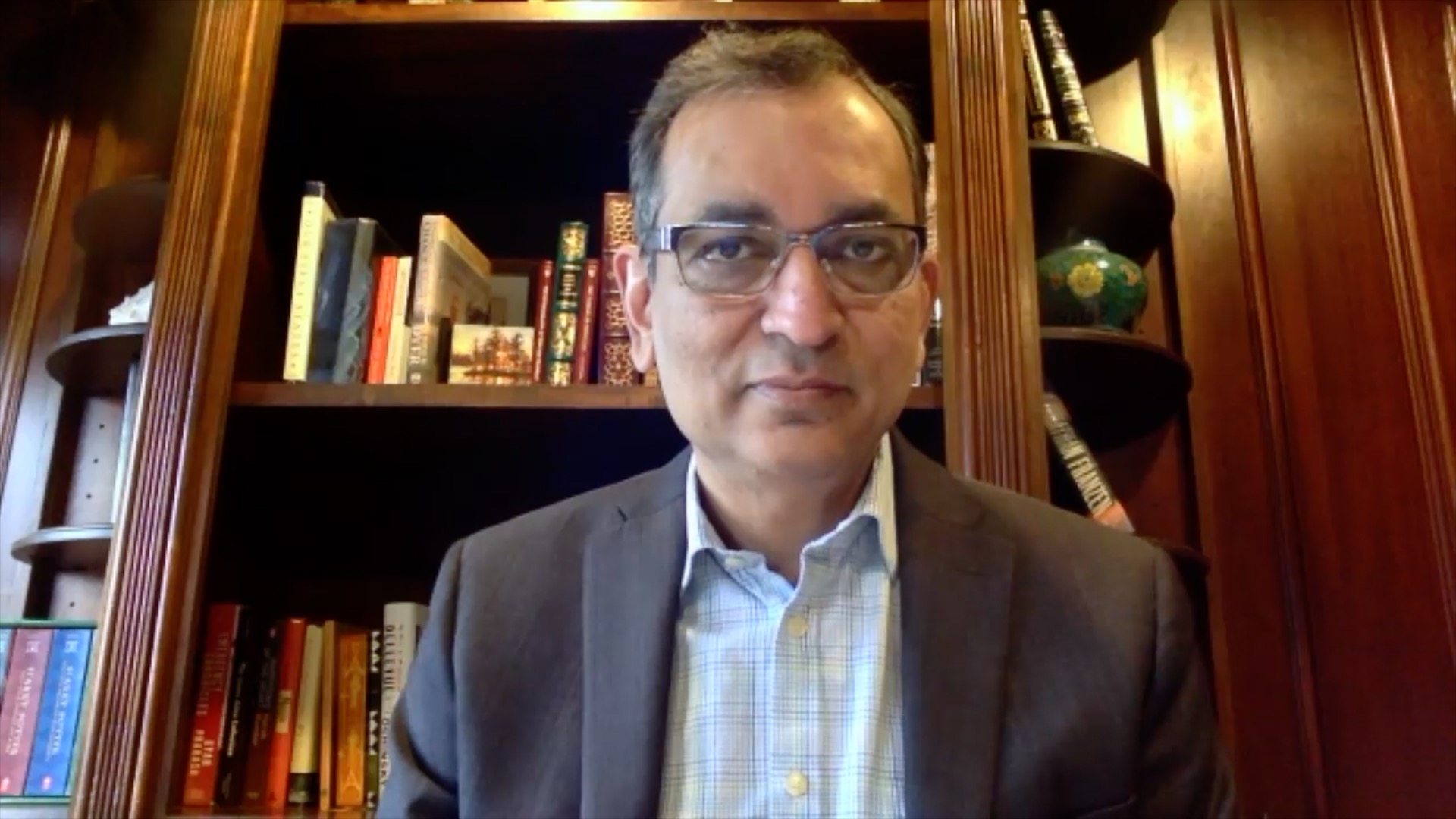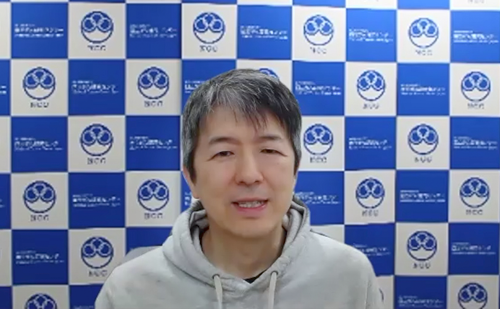touchEXPERT OPINIONS
 Experts answer questions with in-depth advice on the current clinical landscape and how new therapies and guidance might impact regional clinical practice. Useful tips below will show how to navigate the activity.
Close
Experts answer questions with in-depth advice on the current clinical landscape and how new therapies and guidance might impact regional clinical practice. Useful tips below will show how to navigate the activity.
Close
 Experts answer questions with in-depth advice on the current clinical landscape and how new therapies and guidance might impact regional clinical practice. Useful tips below will show how to navigate the activity.
Close
Experts answer questions with in-depth advice on the current clinical landscape and how new therapies and guidance might impact regional clinical practice. Useful tips below will show how to navigate the activity.
Close
Personalized treatment of advanced HER2-negative gastric or gastroesophageal junction cancer: Current status and future perspectives
- Downloads including slides are available for this activity in the Toolkit
Learning Objectives
After watching this activity, participants should be better able to:
- Describe the burden of disease and unmet treatment needs for patients with advanced HER2-negative GC/GEJC
- Discuss the evidence for novel and emerging first-line targeted treatments for patients with HER2-negative advanced GC/GEJC
- Explain the importance of biomarker testing for selection of targeted therapies in advanced GC/GEJC
Overview
In this activity, three US-based experts provide their insights into the current landscape in HER2-negative GC/GEJC, including clinical challenges and unmet needs, the latest evidence for new and emerging treatment strategies, and how biomarker testing is crucial for personalized therapy.
This activity is jointly provided by USF Health and touchIME. read more
Target Audience
Oncologists, gastric cancer specialists and oncology nurses specialists involved in the management of advanced HER2-negative gastric or gastroesophageal junction cancer.
Disclosures
USF Health adheres to the Standards for Integrity and Independence in Accredited Continuing Education. All individuals in a position to influence content have disclosed to USF Health any financial relationship with an ineligible organization. USF Health has reviewed and mitigated all relevant financial relationships related to the content of the activity. The relevant relationships are listed below. All individuals not listed have no relevant financial relationships.
Faculty
Dr Mukherji discloses
Grants/research support from Genentech and Natera.
Dr Ajani discloses
Advisory board/panel fees from Acrotech Biopharma, Amgen, Arcus Biosciences, Astellas, AstraZeneca, Bayer, BeiGene, Boehringer Ingelheim, Bristol Myers Squibb, Daiichi Sankyo, DAVA Pharmaceuticals, Five Prime Therapeutics, Geneos Therapeutics, Gilead Sciences, GRAIL, Innovent Bio, Merck, Merck Serono, More, Novartis, OncLive, OncoTherics, Servier, Taiho Pharmaceutical, Vaccinogen, Zymeworks. Grants/research support from Astellas Pharma, Bristol Myers Squibb, Daiichi Sankyo, Delta-Fly Pharma, Gilead Sciences, LaNova Medicines, Leap Therapeutics, Merck, Prolinx, Roche, Taiho Pharmaceutical, Turning Point Therapeutics, Zymeworks.
Dr Uboha discloses
Advisory board/panel fees from Astellas Pharma, AstraZeneca, Bristol-Myers Squibb, BostonGene, Eisai, Elevation Oncology, GRAIL, Helsinn, Ipsen, Pfizer and QED Therapeutics. Consultancy fees from Astellas and Pfizer. Stock/Shareholder (self-managed) from Exact Sciences and Natera.
Content reviewer
Steven Ludlow, PharmD, MBA, BCOP, BCPS, has no financial interests/relationships or affiliations in relation to this activity.
Touch Medical Director
Holly Gilbert-Jones has no financial interests/relationships or affiliations in relation to this activity.
USF Health Office of Continuing Professional Development and touchIME staff have no financial interests/relationships or affiliations in relation to this activity.
Requirements for Successful Completion
In order to receive credit for this activity, participants must review the content and complete the post-test and evaluation form. Statements of credit are awarded upon successful completion of the post-test and evaluation form.
If you have questions regarding credit please contact cpdsupport@usf.edu.
Accreditations
Physicians
This activity has been planned and implemented in accordance with the accreditation requirements and policies of the Accreditation Council for Continuing Medical Education (ACCME) through a joint providership of USF Health and touchIME. USF Health is accredited by the ACCME to provide continuing medical education for physicians.
USF Health designates this enduring material for a maximum of 0.75 AMA PRA Category 1 CreditTM. Physicians should claim only the credit commensurate with the extent of their participation in the activity.
The European Union of Medical Specialists (UEMS) – European Accreditation Council for Continuing Medical Education (EACCME) has an agreement of mutual recognition of continuing medical education (CME) credit with the American Medical Association (AMA). European physicians interested in converting AMA PRA Category 1 CreditTM into European CME credit (ECMEC) should contact the UEMS (www.uems.eu).
Advanced Practice Providers
Physician Assistants may claim a maximum of 0.75 Category 1 credits for completing this activity. NCCPA accepts AMA PRA Category 1 CreditTM from organizations accredited by ACCME or a recognized state medical society.
The AANPCP accepts certificates of participation for educational activities approved for AMA PRA Category 1 CreditTM by ACCME-accredited providers. APRNs who participate will receive a certificate of completion commensurate with the extent of their participation.
Date of original release: 20 April 2023. Date credits expire: 20 April 2024.
If you have any questions regarding credit please contact cpdsupport@usf.edu.
To obtain the CE/CME credit(s) from this activity, please complete this post-activity test.
Claim Credit- Downloads including slides are available for this activity in the Toolkit
You may also be interested in...

REGISTER NOW FOR FREE ACCESS TO
- 1000+ topical and insightful peer-reviewed journal articles
- 100+ hours of bite-sized congress highlights
- 9 major therapy areas packed with the latest scientific advances
- 150+ specialties offering learn-on-the-go medical education
- + Concise email updates and newsletters so you never miss out









